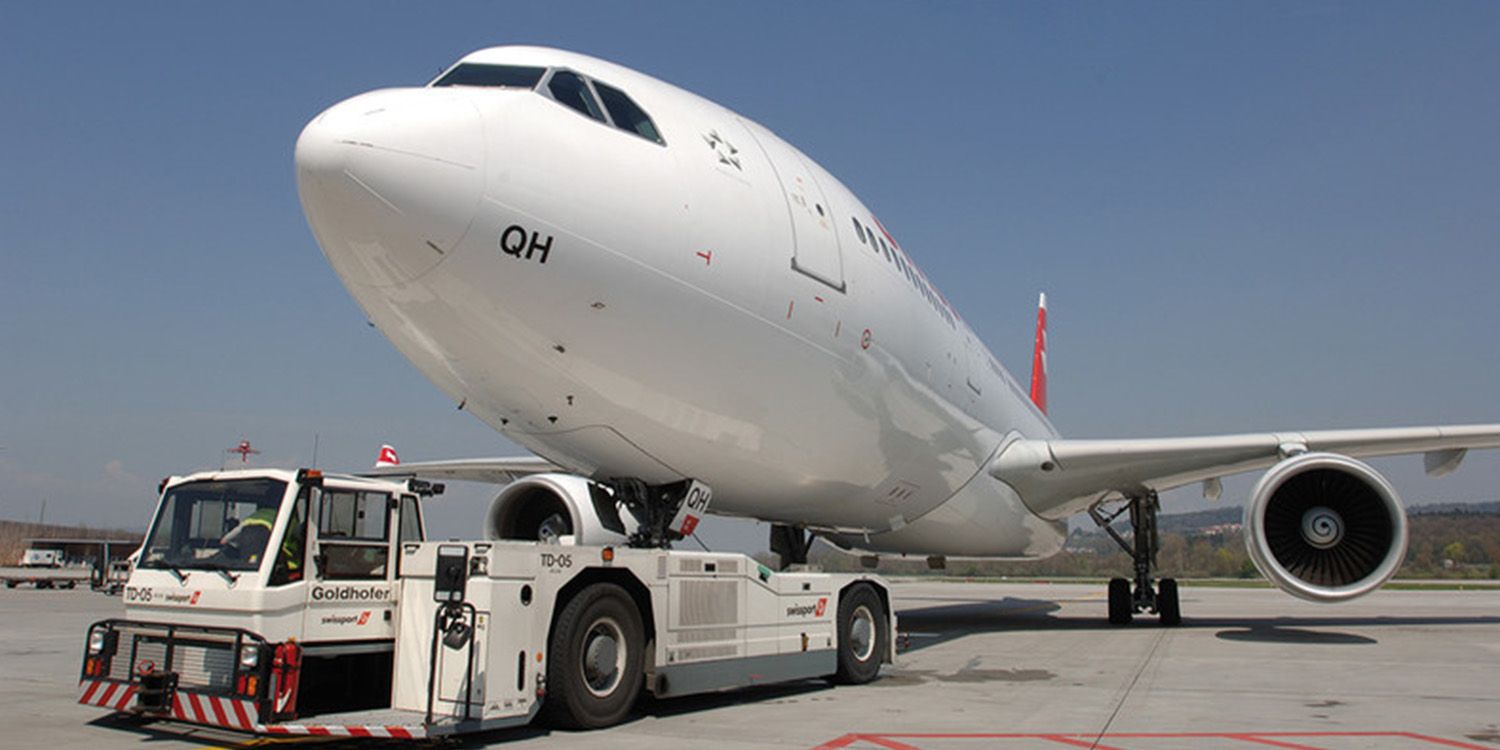Optional 48-week placement:
Hospitality, Events, Aviation and Tourism Work Placement (120 credits)
Make the most of a 48-week placement with a hospitality, events, aviation or tourism-related company. Find your placement with support from the University and get assessed in negotiation with your placement provider and placement supervisor.
Final year (national level 6):
Core modules:
Airline and Airport Commercial Operations (20 credits)
Discuss the business strategies for airlines and airports and their key revenue sources. Explore airline yield management and financial and economic benchmarking. Consider the importance of commercial strategies and competition, airtraffic management and aircraft evaluation and fleet planning.
Risk and Crisis Management for Tourism and Aviation (20 credits)
Risks and crises are an inherent part of all businesses, but within the tourism and aviation sectors these aspects are compounded by the uncertainty derived from products, services, and consumers. In addition, it is common ground that tourism and aviation sectors are susceptible to crises and disasters, characterised by high demand and supply elasticity. This module allows you to critically analysis risk and crisis management and its integral part of strategic thinking within tourism and aviation companies and organisations.
Optional modules (choose 80 credits):
Digital Technologies in the Visitor Economy (20 credits)
Consider the impact technological innovations have had for the visitor economy in the areas of tourism, hospitality, events and aviation. Reflect on the empowerment of consumers through technology, in particular, opportunities provided through social media and mobile technologies. Learn more about the current digital technologies impacting the visitor economy, such as social media, mobile technologies, augmented and virtual reality, and the concepts of co-creation.
Gastronomy (20 credits)
Explore the increasingly important area of food and drink tourism for regional economic development and identity formation. Examine the importance of food and drink products to the tourist experience and to destination success for those countries and regions closely associated with food and drink. Analyse the relationship between tourism and gastronomy and examine the direct and indirect advantages and disadvantages to local and regional communities associated with the development of gastronomic tourism and event initiatives.
Leadership and Management for the Service Sector (20 credits)
Prepare yourself for a career in industry as an employee, leader or manager. Investigate leadership and management styles and approaches as well as researching and debating equality and diversity issues. Gain a greater understanding of leadership and management challenges which occur every day in the wider world.
Professional Development for the Service Sector (20 credits)
Develop your employability and gain an understanding of career pathways in the hospitality, events, aviation and tourism industry. Investigate work environments and study a number of important topics, such as career planning and pathways, communication and networking, presentation and interview skills and more. Discover and work towards securing a graduate job role or career.
Service Quality (20 credits)
Explore various theories and principles associated with the management of service quality in tourism, hospitality and events. Analyse issues in service delivery for the service organization, employees and consumers. Develop an appropriate model for analysing service quality in a given service organization related to tourism, hospitality or events.
Strategic Planning for Tourism and Leisure (20 credits)
Explore the scope and nature of tourism planning from a political, market, environmental and visitor perspective. Consider the agency and structure of local, regional, national and international planning organisations alongside the dimensions of planning for tourism in the public and private sector. Analyse the role of local stakeholders in the planning process in relation to wider strategic models.
Tourism and Aviation Major Project (40 credits)
Design and implement a research proposal in an area of tourism or aviation management of your choice. Set aims and objectives, select and implement research methods, conduct a literature review, collect empirical data and analyse appropriately. Utilise expert supervision to learn research methods, research design and the interpretation of data and its relation to contextual material.
Urban Tourism (20 credits)
Gain an insight into the characteristics of urban tourism. Examine the re-discovery of the urban environment as a tourist destination – tourist arrivals in cities are constantly growing and increasingly more research has been undertaken to investigate the phenomenon of urban tourism. Cover topics that include: Historical background and the development of urban tourism; Tourism as a key to urban regeneration; The demographic, socio-economic and psychographic profile of the urban tourist; The supply side of urban tourism: services, infrastructure and activities; The impacts of tourism in the urban environment; Managing urban tourism; The concept of place-marketing; Trends and developments in urban tourism.


